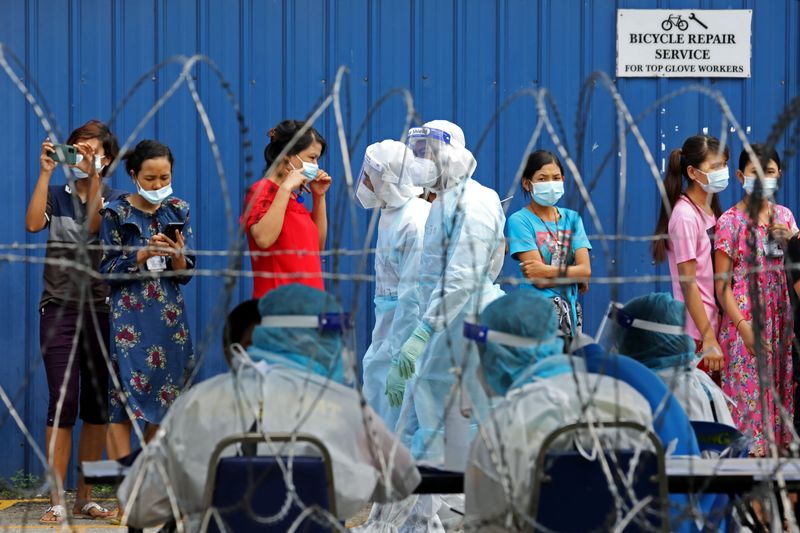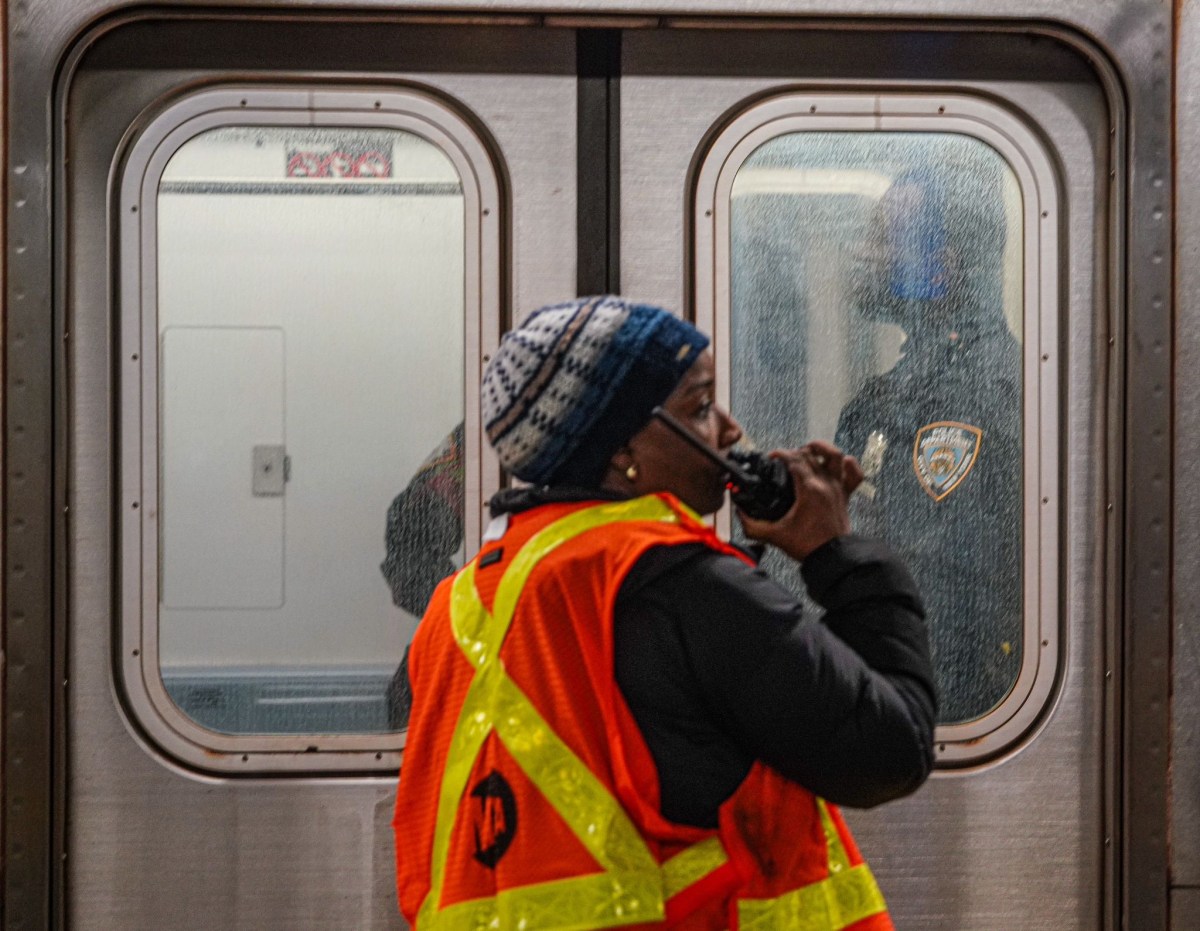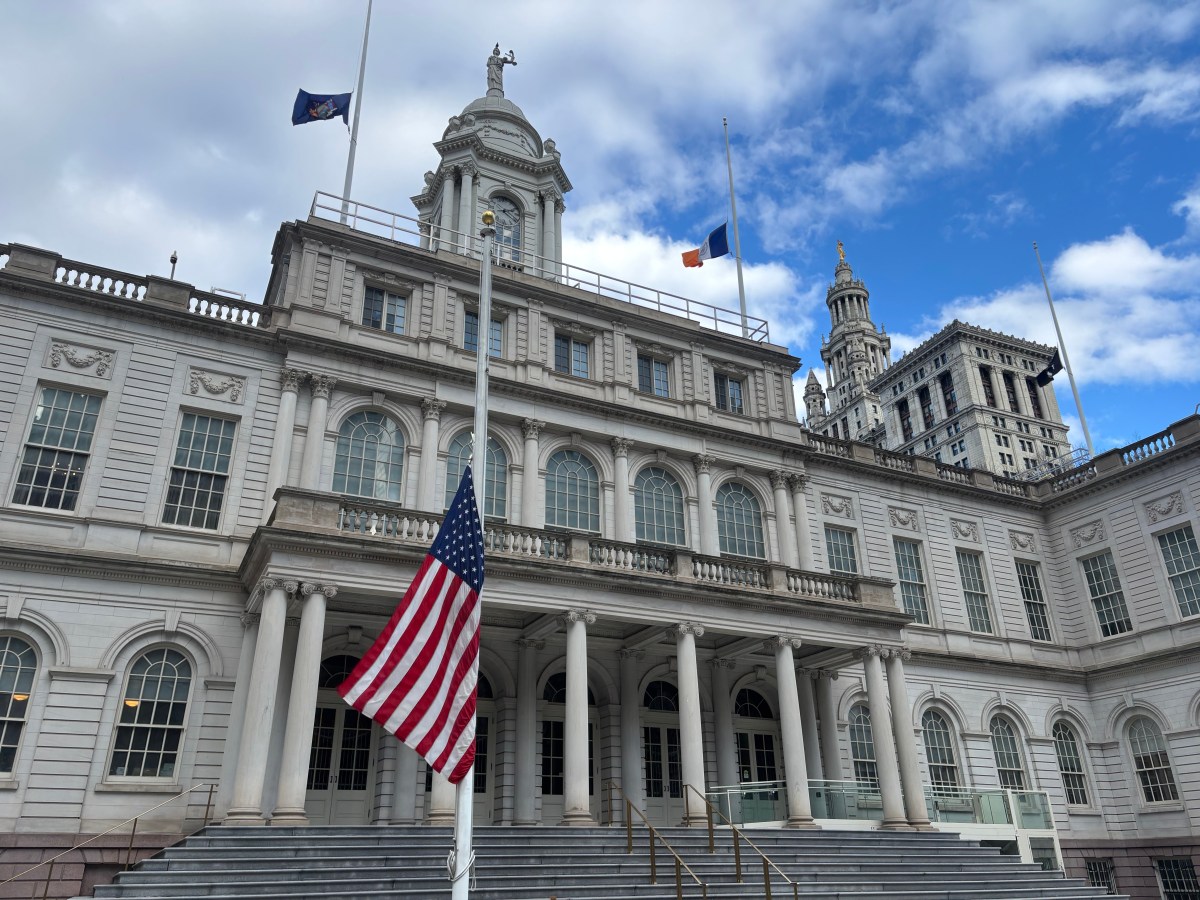KUALA LUMPUR (Reuters) – Malaysia’s Prime Minister Muhyiddin Yassin on Monday announced a nationwide travel ban and a 14-day lockdown in the capital and five states, as the country grapples with a surge in coronavirus cases that threaten to overload its healthcare system.
Malaysia was among the first nations to impose strict movement curbs in March during the early stages of the pandemic, which helped keep transmission down but led to its first economic contraction in a decade in the second quarter.
Health officials say the current wave of infections that started in September could see daily cases grow to as many as 8,000 by May if strict curbs are not imposed.
“Our healthcare system is at a breaking point,” Muhyiddin said in a live televised address.
The number of new daily infections breached the 3,000 mark for the first time last week, while total coronavirus cases passed 138,000 on Monday, with 555 deaths overall.
The lockdown in the capital Kuala Lumpur and five states, which takes effect at midnight on Wednesday, will bar all social activities and interstate travel nationwide.
Muhyiddin said businesses in five essential economic sectors can operate, involving factories and manufacturing, construction, services, trade and distribution and plantations and commodities sectors, but at reduced capacity.
Supermarkets, banks and health clinics can remain open, while restaurants can offer only take-out services.
To build herd immunity, Malaysia aims to vaccinate 70% of its population of about 32 million.
The first batch of vaccines jointly from Pfizer and BioNTech, which Malaysian regulators have just approved, are expected to arrive by the end of February, Muhyiddin said.
Earlier on Monday, Malaysia announced the purchase of 12.2 million more doses of the Pfizer-BioNTech vaccine, on top of 12.8 million already secured.
It has also booked supplies from AstraZeneca and via the COVAX facility, and is in discussions with China’s Sinovac and CanSino and Russia’s Gamaleya institute for additional supply.
(Reporting by Joseph Sipalan; Editing by Martin Petty)

























